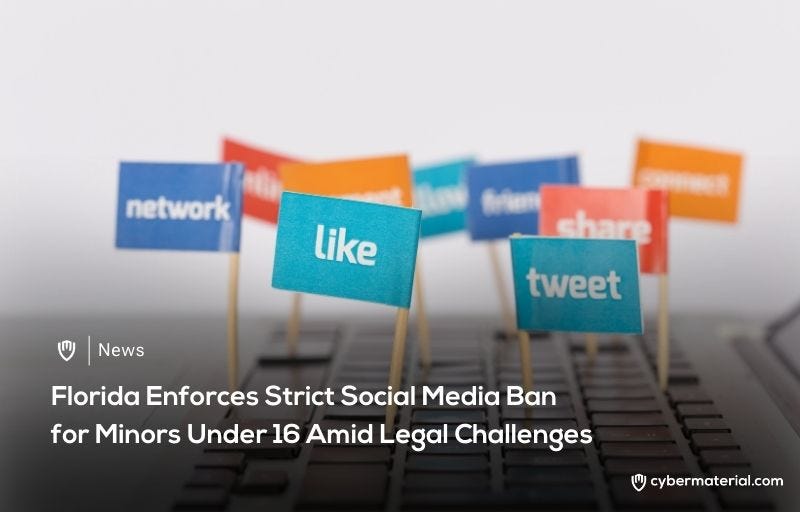
Florida has introduced a sweeping social media law aimed at protecting minors from the potentially harmful effects of digital platforms. Effective January 1, 2025, the legislation bans children under…

Florida has introduced a sweeping social media law aimed at protecting minors from the potentially harmful effects of digital platforms. Effective January 1, 2025, the legislation bans children under…